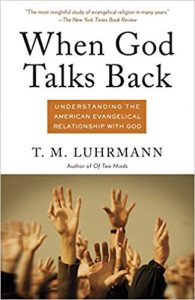
By Molly Worthen
The secular media usually ignores the thousands of pastors, missionaries and church volunteers who gather every summer for the annual meeting of the Southern Baptist Convention. This year is different. Everyone from PBS to the Huffington Post is buzzing with anticipation — and not because they are awaiting the tedious discussion of committee reports and budgets necessary to manage the country’s largest evangelical denomination. The reason for all the excitement is this: the 2012 convention, which opens Tuesday in New Orleans, will elect a black man as president for the first time in Southern Baptist history. This is no small thing for a denomination that separated in 1845 from its northern brethren in order to defend the right of Southern slaveholders to serve as missionaries.
Image credit: Gerald Herbert/AP








